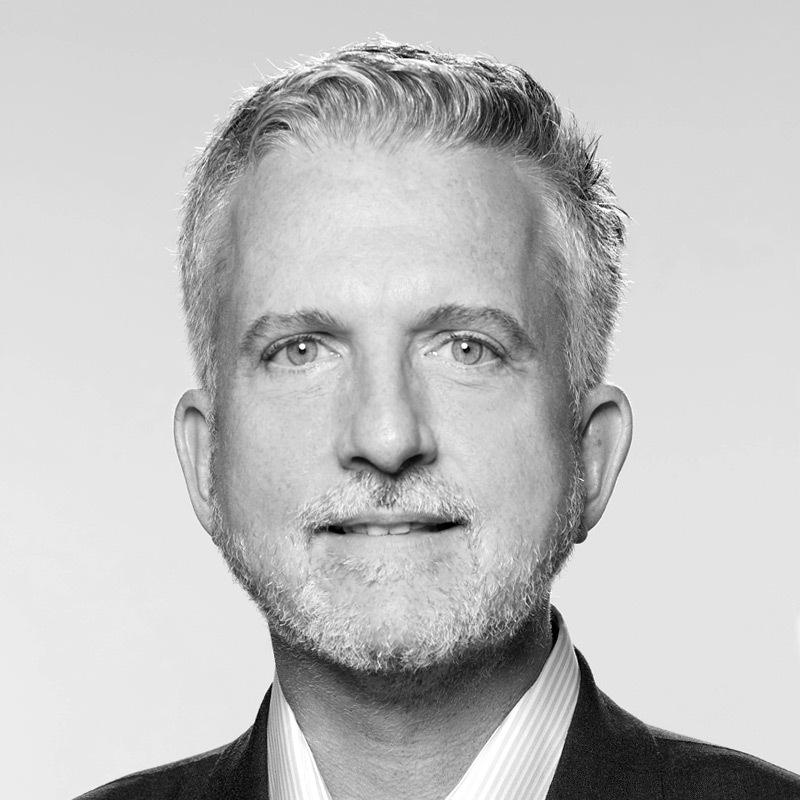The ever-busy Judd Apatow finished up Crashing for HBO last spring, and the latest film he produced, Kumail Nanjiani’s The Big Sick, will get a wide release in July. Like so much of Hollywood, Apatow has worked more and more for streaming services or subscription cable channels like Netflix and HBO in recent years, and he came on The Bill Simmons Podcast to talk about how the rise of online streaming has changed the way he thinks about his craft.
"There used to be no financial incentive for good television," Apatow says about the years before Netflix. "It was all lowest-common denominator, it was all trying to get everybody to watch. … Now when you pitch things, people want them even deeper and weirder. But thank god. [Because] it also means [they say], ‘Do something that’s never been done before. Do something that really matters to you.’ So you don’t get the same old stuff."
For Apatow, Netflix’s success is an indictment of old-school network television.
"As someone who has hated network-TV development my whole life [and] railed against the notes process and how they water everything down and ruin everything, I think that the Netflix success rate is so high creatively, it is such an argument against everything network TV does and how they develop programming. It’s great to feel like you’re not going to get canceled in the middle of your season."
He continued:
"Network TV is like making TV with a gun to your head. Because they do have this thing, which is: ‘I can stop you from shooting at any moment.’ So [they can say], ‘Add three hot girls,’ and you go, ‘What? That doesn’t even make sense.’ Where Netflix — they give you a season and they’re rational, and at the end of the season they let you know if they want to do another season, but you don’t have that terror like, ‘Oh my god, we lost last night because we were up against the Tonys’ and now you’re worried your show is going to get canceled. It’s nice not to live under that shadow."
Of course, the binge-watching culture of today has drawbacks. Sometimes these shows float in one ear and out the other.
"You don’t remember anything [you watch now]. You can’t remember it. [My wife and I] will watch like Season 2 of Narcos and we’ll be like, ‘Is Escobar a good guy or a bad guy? Are we rooting for him, are we not rooting for him?’ We were watching Broadchurch Season 2. Very good show. We got, I swear, eight episodes in and I turn to my wife and I went, ‘We watched this five months ago.’ And it took us eight episodes to realized we had already watched those eight."
Another challenge, particularly for filmmakers, is keeping up with the broader cultural conversation around a show or movie. Without a week in between episodes or a big opening weekend, it’s tough to see where the discussion is headed.
"It’s hard for me as someone who makes that content. You have a weird relationship with the audience, because the audience is moving through so much shit that you don’t feel like you’ve had that much of an impact in their lives. … You drop [a show or movie], then for a few weeks people talk about it, then it’s like you’re not having a conversation with the audience. And the truth is, I think more people are watching it than other things and in other eras, but you’re not having a conversation with anyone. The way you used to interact with the audience has changed. And I don’t think it’s necessarily worse, it’s just different and it throws you if you’re used to feeling like you impact the culture in some way."
Apatow was a producer on Pee-wee’s Big Holiday, which hit Netflix in 2016, and distinctly felt the lack of conversation on that film.
"We made the Pee-wee Herman movie and it was on Netflix and people really liked it but you just didn’t feel it, in some way. When maybe more people watched that than almost any movie I’ve made, probably. But where do I talk to anybody about it? It’s an odd feeling, and I think a lot of filmmakers are adjusting to it, because there’s great things about it, too, which is that a lot of cool things are going to get made and are getting made because of this need for content."
Even though Love has 10 to 12 episodes a season, Apatow had to produce it with the mind-set that most viewers would finish it in a weekend, or less.
"We do Love for Netflix, and we do design it with the belief that people will watch it in two sittings. That’s what we always assume. Most people are going to watch it in two, three max."
Which movie of Apatow’s would have made the best Netflix series?
"I think This Is 40 would be a great series. … You could have done about 85 episodes of Walk Hard, but show his whole life in real time which I would have enjoyed. I want to make all of them series! That’s why my movies are so long."
But maybe he already has a movie he’s turned into a Netflix movie in Love.
"For me, Love is just a five-hour movie. I finally got the time."
Listen to the full podcast here. This transcript has been edited and condensed.
Disclosure: HBO is an initial investor in The Ringer.
